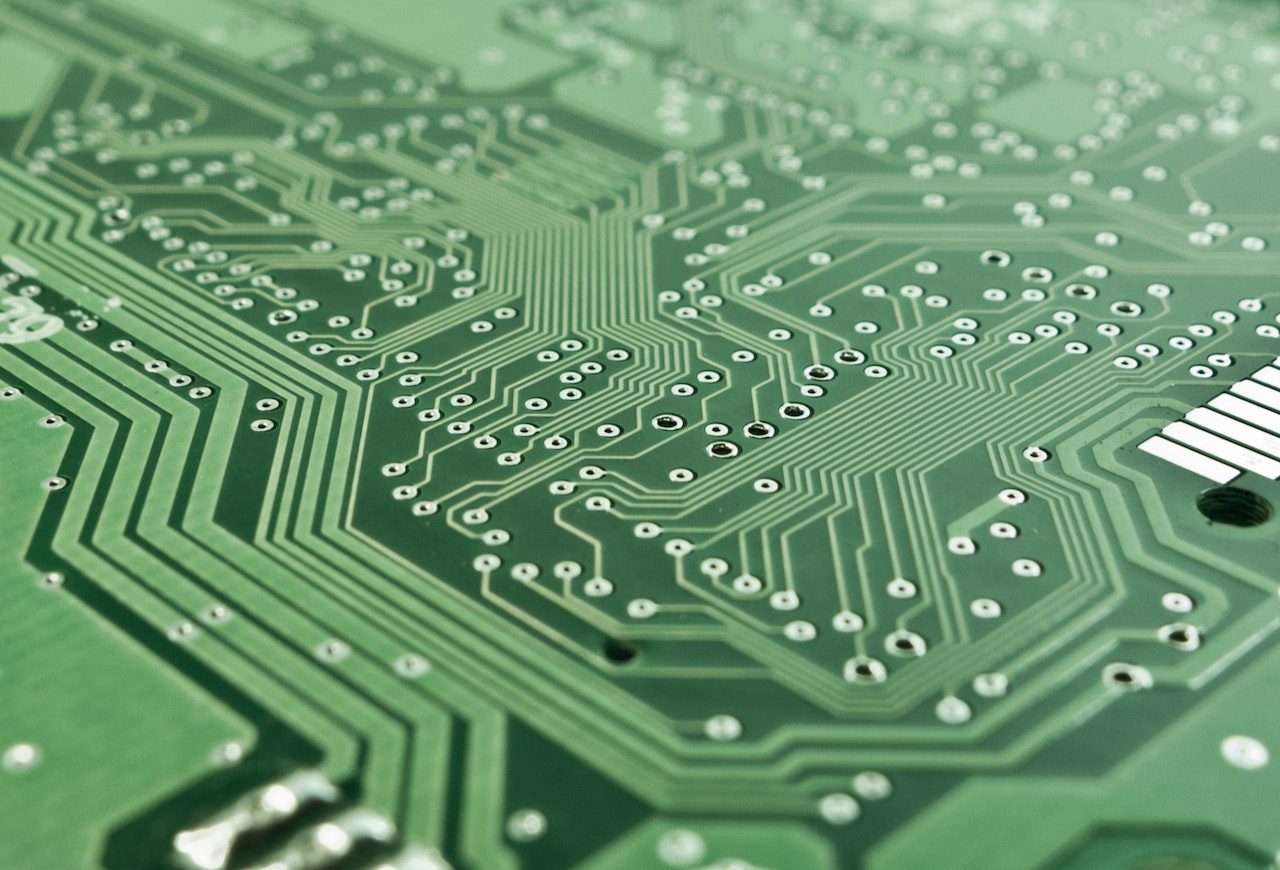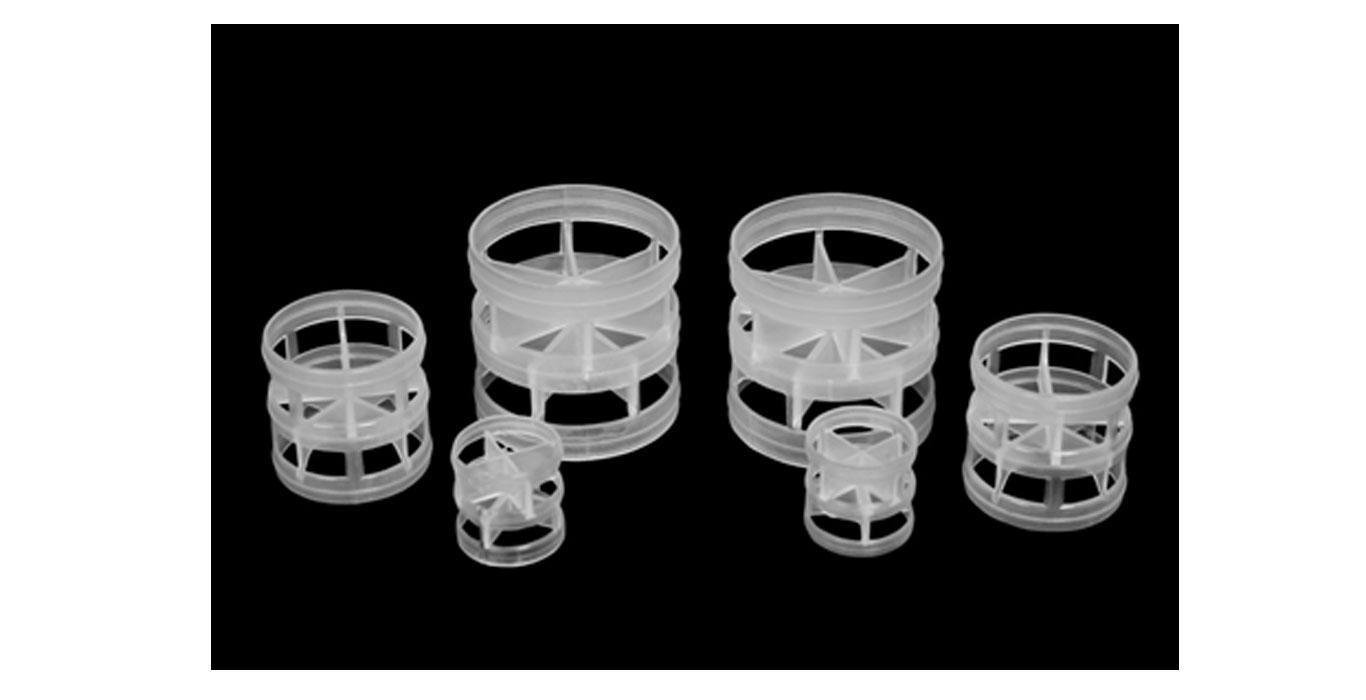AI is rapidly changing the manufacturing sector, with new technologies and techniques being developed all the time. Whether you’re a player in the sector or an AI specialist, keeping up-to-date on these new developments is critical to predicting where the sector and technology are heading. Here are several key ways that AI is revolutionizing the industry:
Predictive Maintenance
One of the most significant ways AI is changing the manufacturing sector is through predictive maintenance. By analyzing data from sensors on equipment, machine learning in the manufacturing industry can predict when equipment is likely to fail, allowing manufacturers to schedule maintenance before a breakdown occurs. This not only improves equipment reliability but also helps to reduce downtime and increase productivity.
Quality Control
AI is also being used to improve the quality control process in manufacturing. By analyzing images of products, AI algorithms can identify defects, such as scratches or dents, that would otherwise go unnoticed. This helps to ensure that only high-quality products are shipped to customers, reducing the need for costly recalls or returns.
Supply Chain Optimization
AI can also be used to optimize the supply chain in manufacturing. By analyzing data on demand, production, and inventory levels, AI algorithms can predict future demand and adjust production accordingly. This helps to ensure that the right products are produced at the right time, reducing waste and increasing efficiency.
Process Automation
AI can also be used to automate many of the processes in manufacturing. By using robotic systems, AI algorithms can perform tasks such as welding, painting, and assembly. This not only increases productivity but also reduces the need for human workers, which can help to lower labor costs.
Design Optimization
AI can also be used to optimize the design of products in manufacturing. By analyzing data on customer preferences, AI algorithms can predict which features of a product are likely to be popular and adjust the design accordingly. This helps to ensure that products are designed to meet customer needs, which can help to increase sales.
Energy Efficiency
AI can also be used to improve energy efficiency in manufacturing. By analyzing data on energy usage, AI algorithms can identify areas where energy is being wasted and recommend changes that can be made to reduce consumption. This not only helps to reduce costs but also helps to reduce the environmental impact of manufacturing.
Safety
AI can also be used to improve safety in manufacturing. By analyzing data on worker behavior, AI algorithms can identify patterns that suggest a potential safety hazard, such as a worker moving too close to a machine. This helps to ensure that workers are safe, which can help to reduce accidents and increase productivity.
Quality Optimization
AI can also be used to optimize the quality of products in manufacturing. By analyzing data on product performance, AI algorithms can identify areas where improvements can be made. This helps to ensure that products are of high quality, which can help to increase sales.
Robotic Automation
AI is also being used to automate many of the processes in manufacturing through the use of robots. By using robotic systems, AI algorithms can perform tasks such as welding, painting, and assembly. This not only increases productivity but also reduces the need for human workers, which can help to lower labor costs.
Predictive Analytics
AI can also be used for predictive analytics in the manufacturing sector. By analyzing data on production processes, AI algorithms can predict how production will perform in the future. This helps to ensure that production is optimized, which can help to increase efficiency and reduce costs.
Chatbots
AI-powered chatbots can help manufacturers with customer service and support. These chatbots can interact with customers, provide information about products and services, and answer frequently asked questions.
Workforce Training
AI can also be used to train manufacturing employees. By analyzing data from sensors and other sources, AI algorithms can provide employees with real-time feedback and guidance, helping them to improve their skills and become more efficient.
Bottom Line
In conclusion, AI is revolutionizing the manufacturing sector in many ways, from predictive maintenance and quality control, to supply chain optimization and process automation. As more and more companies adopt AI technologies, we will likely see even more changes in the industry in the future.










